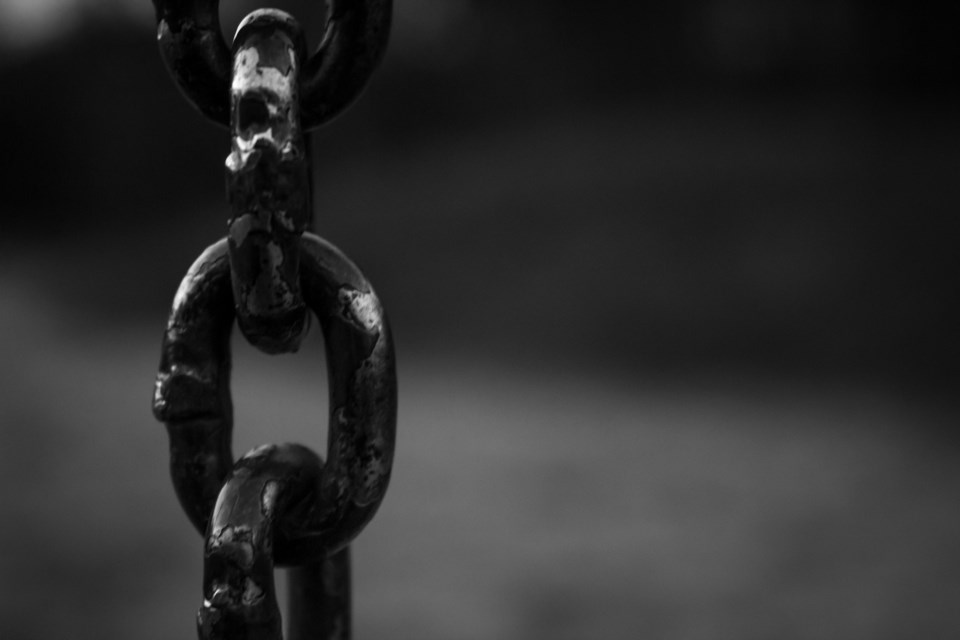As calls for racial justice sweep the world, there are still some out here in Squamish — and across Canada — who take pride in the supposed fact that the legacy of slavery is only an American problem.
We should re-examine that.
When I was in elementary and high school in the 1990s and the 2000s, we were given versions of history that painted Canada’s beginnings in a somewhat noble light. Sure, we weren’t perfect — whoops, some conflicts and accidental death and disease to Indigenous populations — but the general intentions of European settlers were good-ish.
They were explorers, seeking to push the boundaries of the known world. Much of our education focused on the deeds of the Hudson’s Bay fur traders, Jacques Cartier and Christopher Columbus.
The education system was slowly beginning to become more aware of the history of this country’s First Nations, but our main learnings were more cultural oo-ing and aww-ing rather than an examination of cultural genocide.
Look at how pretty the Haida’s bentwood boxes are! But never were we told that the last of the residential schools only shut in 1996.
Those poor slaves were able to flee America and come over here to be free! But we were never told slavery in colonial Canada was a fairly common practice as well.
The latest edition of the online Canadian Encyclopedia reads: “Slave owning was widespread in colonial Canada. Individuals from all levels of society owned slaves, not just the political and social elite. People who enslaved Black persons included government and military officials, disbanded soldiers, Loyalists, merchants, fur traders, tavern and hotel keepers, millers, tradesmen, bishops, priests and nuns.”
Yes, even the nuns had them.
And this was not just a role relegated only to Black people.
The first slaves in New France — much of what would become Quebec — were Indigenous, the encyclopedia says.
I’ve also heard the rather strange excuse that slaves were treated better here than in the States. But because the going belief at the time was that certain races were less than human — thus justifying their slavery — it’s hard to imagine colonial Canadians treating their slaves much better than their American counterparts.
Societies built on the idea that some groups of people are less human than others carries this stain far into the future.
On May 25 in Minneapolis, an American officer kneeled on the neck of an unarmed Black man until he died. George Floyd was accused of spending a fake $20 bill.
On June 11, footage emerged of Canadian officers in Wood Buffalo, Alberta, tackling an unarmed Indigenous man to ground and punching him. Chief Allan Adam was in a vehicle with his wife and niece. They were confronted over an expired licence plate.



